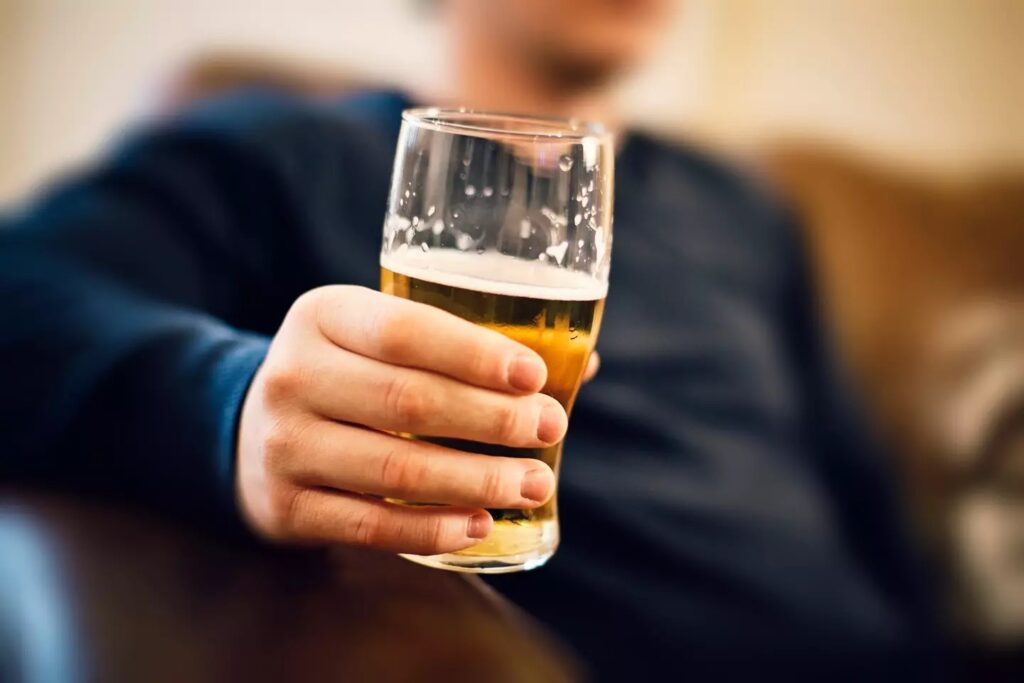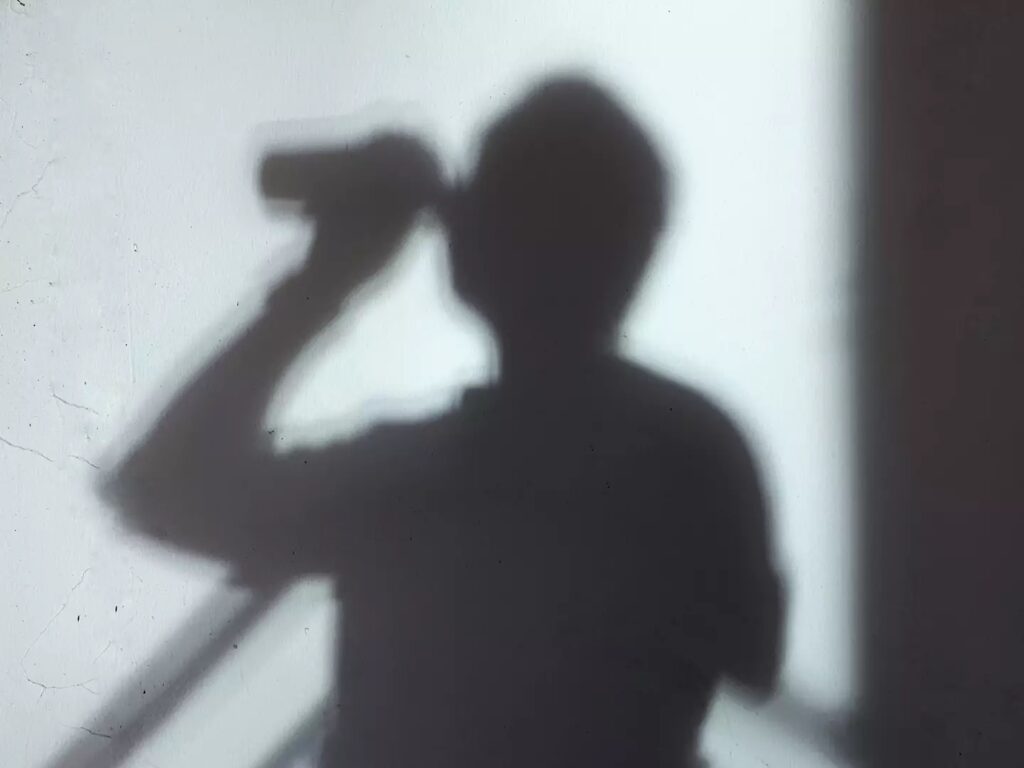Alcoholism is a growing health concern, affecting over 608,000 adults in 2019-20. The NHS defines alcohol misuse as drinking in a way that harms health or being dependent on alcohol. It recommends limiting alcohol intake to 14 units per week, with one unit equivalent to half a pint of beer or a shot of spirits, and a small glass of wine equaling one and a half units.
Alcoholics may exhibit symptoms like flushed skin, memory lapses, an inability to stop at one drink, and a tendency to lie about their drinking habits. But what signs might indicate that your partner or someone you live with is struggling with alcohol addiction?
Here are 12 key indicators:
Physical Signs: While someone may hide their alcohol misuse, physical symptoms like drastic weight changes, flushed or dry skin, unexplained bruises, jaundice, and hand tremors—especially in the morning—are more difficult to conceal.

Using Drinking as an Excuse: While most people drink in social settings, those with alcohol problems use drinking as a primary way to cope with emotions or stress.
Blackouts or Memory Gaps: Experiencing memory loss after drinking is a strong indicator of alcohol abuse, as blackouts are always a sign of unhealthy drinking.
Neglecting Responsibilities: Alcoholics may start missing personal or professional obligations, such as skipping work or having conflicts with loved ones after drinking.
Risky Drinking: Drinking in dangerous situations, like before driving or while engaging in hazardous activities, is a red flag that often leads to accidents.
Inability to Stop at One Drink: If someone can’t stop after one drink and keeps drinking excessively, it may point to alcohol addiction, especially if they mask intoxication with a higher tolerance level.
Avoiding Sober Situations: Choosing to stay home and drink rather than attending sober social events is another potential warning sign of alcohol dependence.
Social Circles Revolving Around Drinking: Alcoholics often surround themselves with friends who drink or attend events where alcohol is central, even sneaking alcohol into places where it’s prohibited or starting to drink early in the day.
Unsuccessful Attempts to Quit: Repeatedly trying to stop drinking without success, despite recognizing the problem, often suggests alcoholism. Without professional help, relapses and old drinking habits can return.

Lying About Drinking: Many functioning alcoholics will hide their drinking, but close observers may catch signs of dishonesty or secret consumption.
Mood Swings and Behavioral Changes: Alcohol abuse can cause erratic mood swings and energy shifts. If your partner’s mood or behavior changes noticeably during or after drinking, it might indicate a deeper problem.
Defensiveness: When confronted about their drinking, they may become defensive or hostile, reflecting how alcohol changes brain chemistry, making the body see it as essential for survival.
